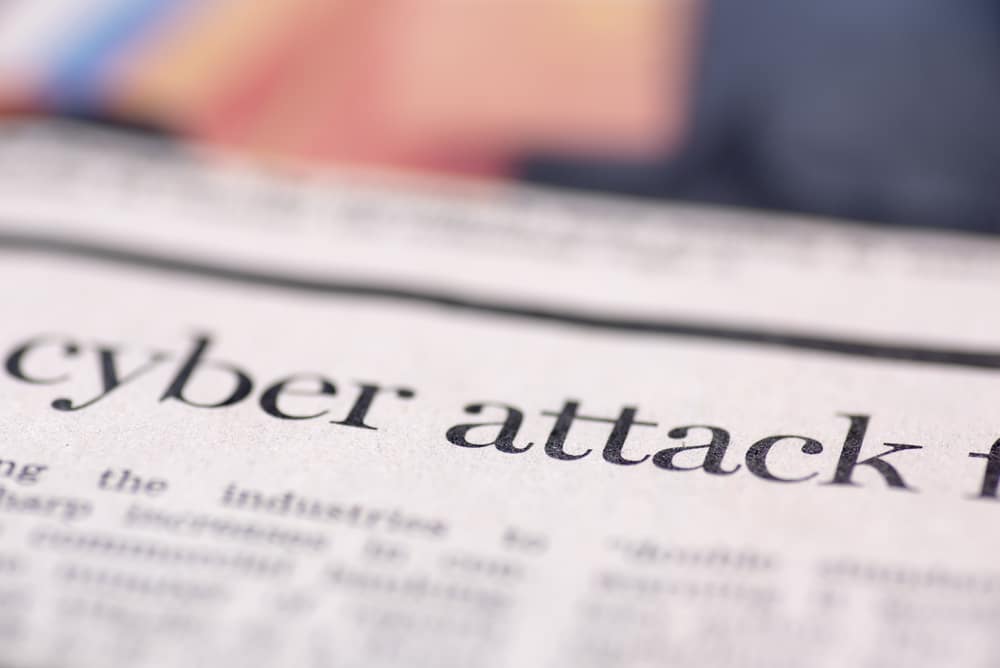
Australia’s most pressing threat of war is one in the cybersphere.
The rising China-US tensions over Taiwan may not necessarily lead to war this decade. For Australia, a more imminent threat lies in cyber warfare, with potential attacks from nations or criminal syndicates. Drawing from Russia’s cyber assaults on Ukraine since 2014, the significance of robust cyber defenses becomes evident.
The cyber-attacks against Medibank and Optus were a small taste of what Australia might expect from a sustained cyber-attack
The recent cyber-attacks on Medibank and Optus served as a warning for Australia. The Albanese government, under Clare O’Neil, responded admirably by appointing her as the OECD’s top 20’s first dedicated Cyber Security minister, emphasizing sovereign capability and workforce development. Australia’s commitment is evident, earning it the top spot in The MIT Technology Review Insights Cyber Defense Index.
There are threats to the process of building Australia’s sovereign capability. One threat is that of offshoring.
Australia’s sovereign capability faces threats, notably from offshoring IT tasks. Common in customer support, software programming, and data storage, the pandemic underscored the importance of resilient supply chains, emphasizing the critical need for sovereign capability.
When it comes to cyber security, we can’t afford to be relying on overseas third parties to be protecting us or storing our sensitive data.
Prioritize cybersecurity by mandating on-shore storage for public sector data, following Australia’s lead. Strengthen sovereign data laws to ensure secure on-shore storage for Australians’ private data by businesses.
The cost-cutting attitude some Australian business have towards IT services, data storage, and cybersecurity also needs to shift.
When engaging a low-cost overseas IT or cybersecurity service, businesses must ensure top-tier security, assess contractor qualifications, and consider legal recourse in case of data breaches or lapses.
Choosing an off-shore cyber security company might be enticing for the bottom line, but with little to no oversight, a lack of quality control and potentially no legal recourse, it’s a recipe for disaster.
To secure Australia against cyber threats from Russia, Iran, China, and North Korea, we must prioritize domestic defense. Becoming the world’s most cyber-secure nation by 2030 demands a steadfast commitment at home.
By Ches Rafferty, Scantek CEO.
First published in The Canberra Times, March 21 2023.